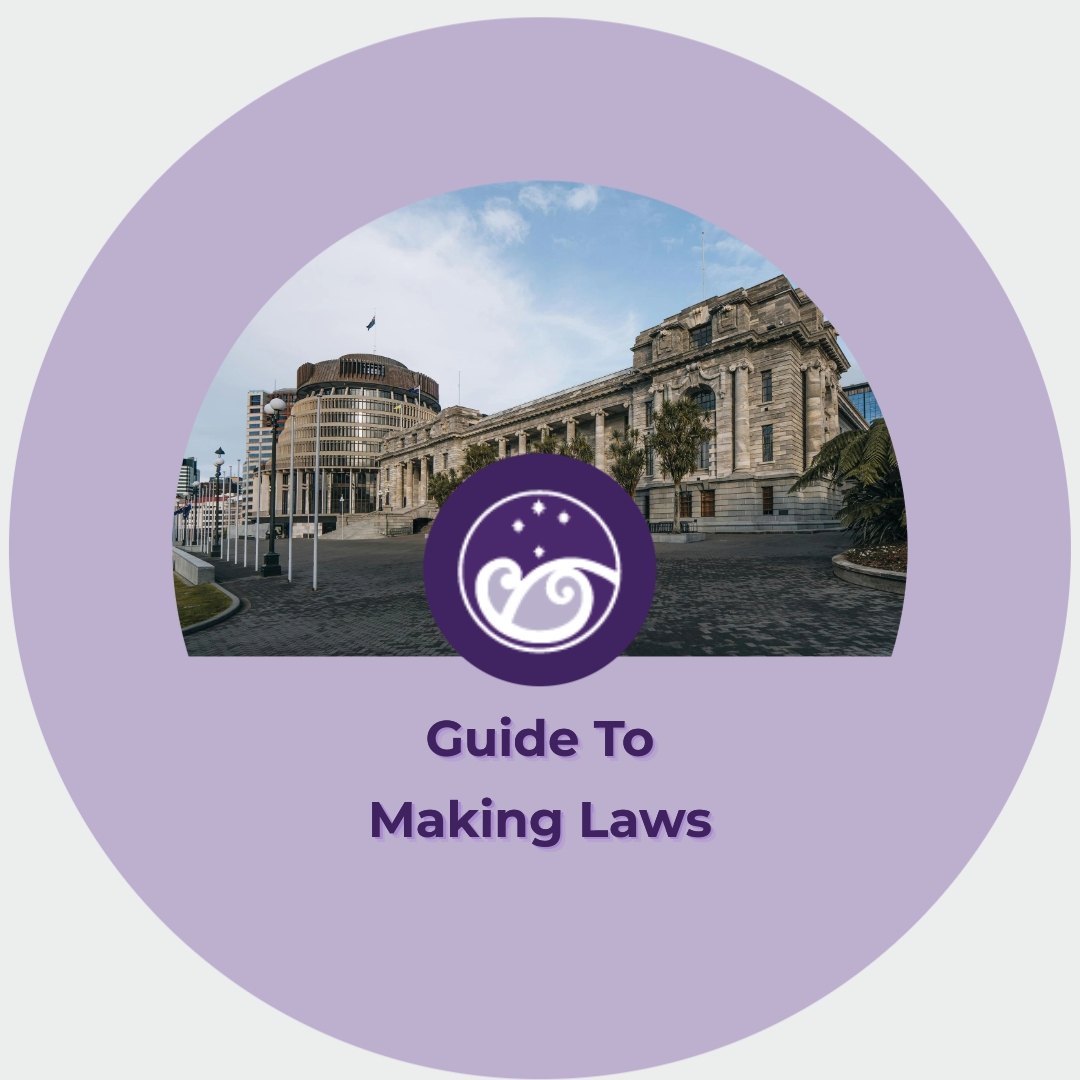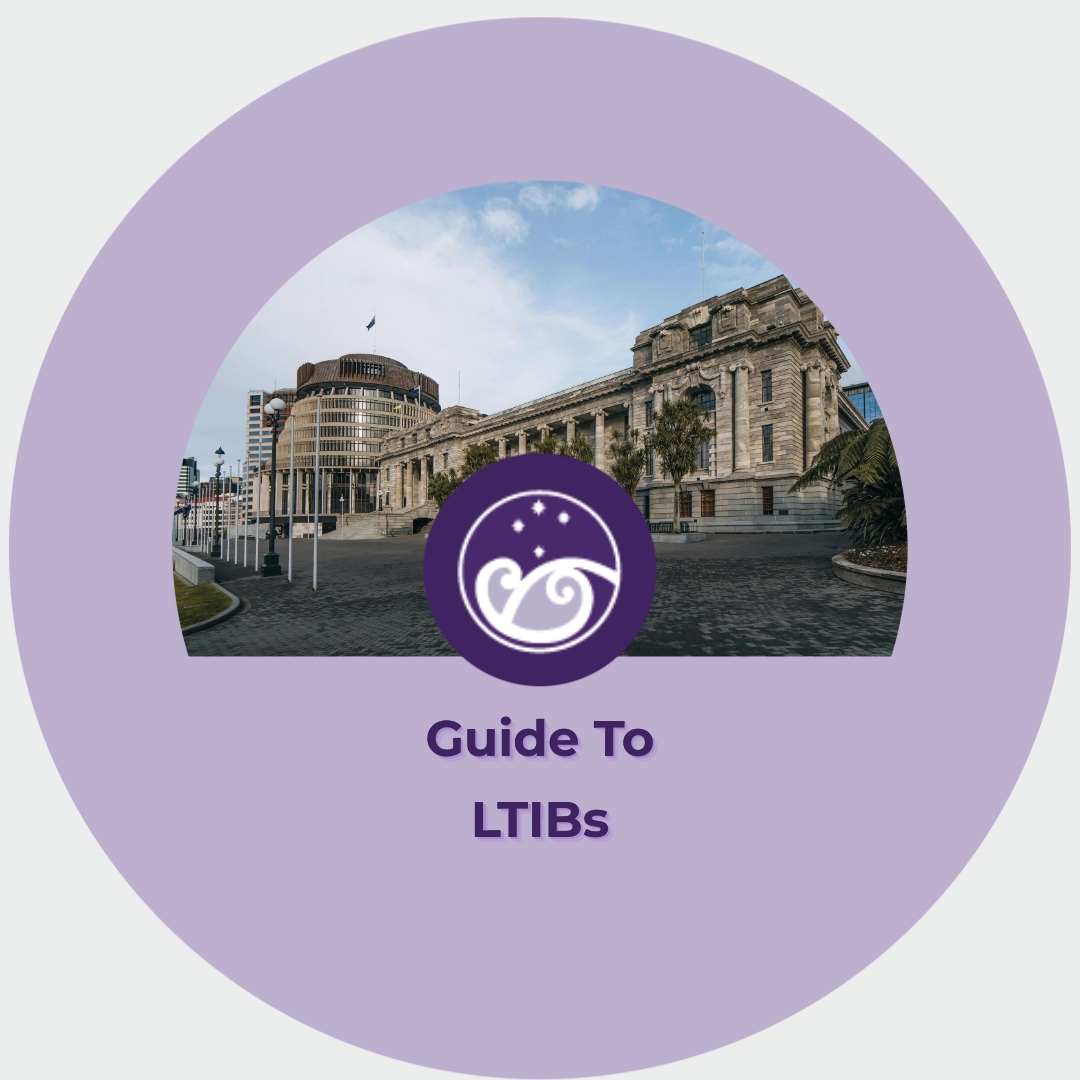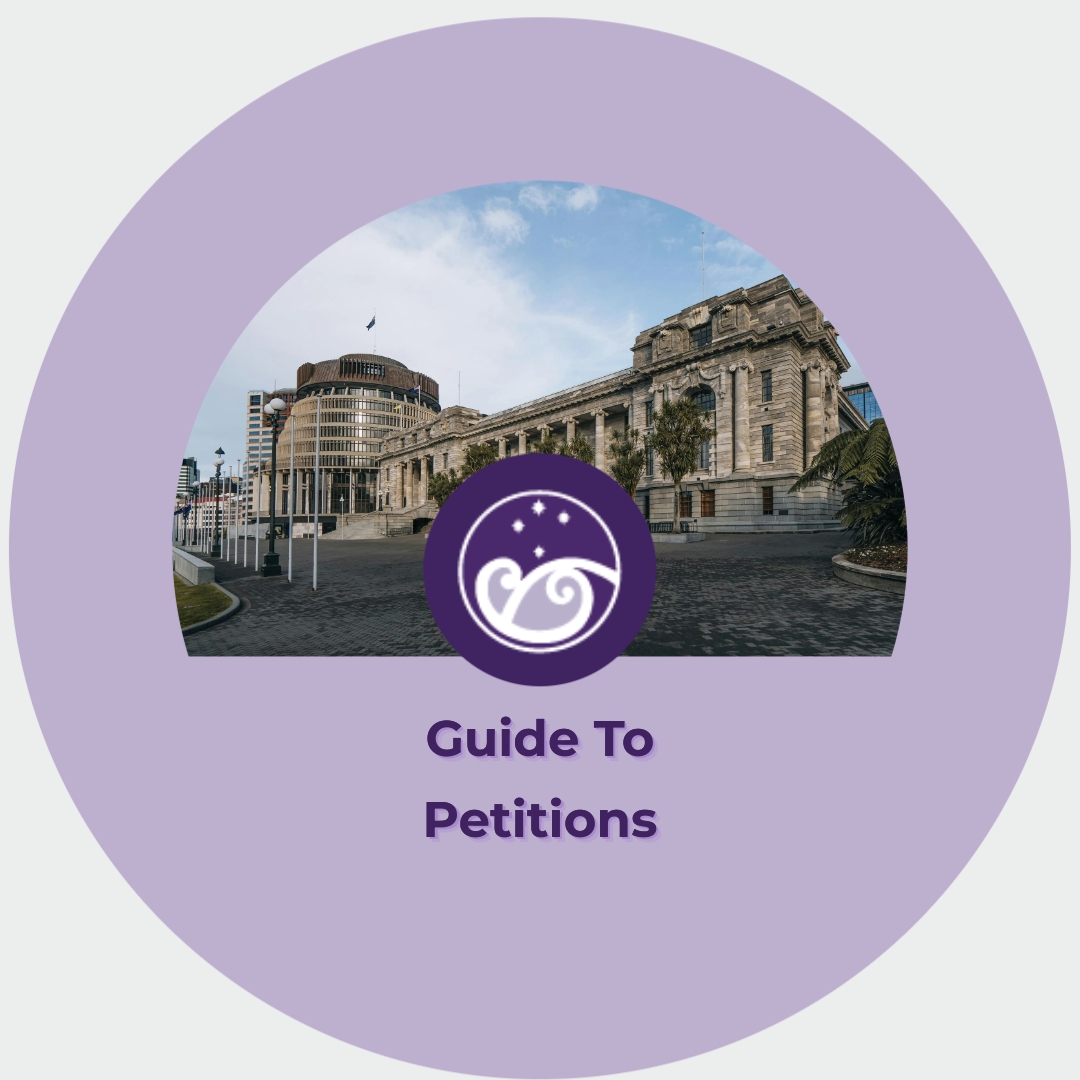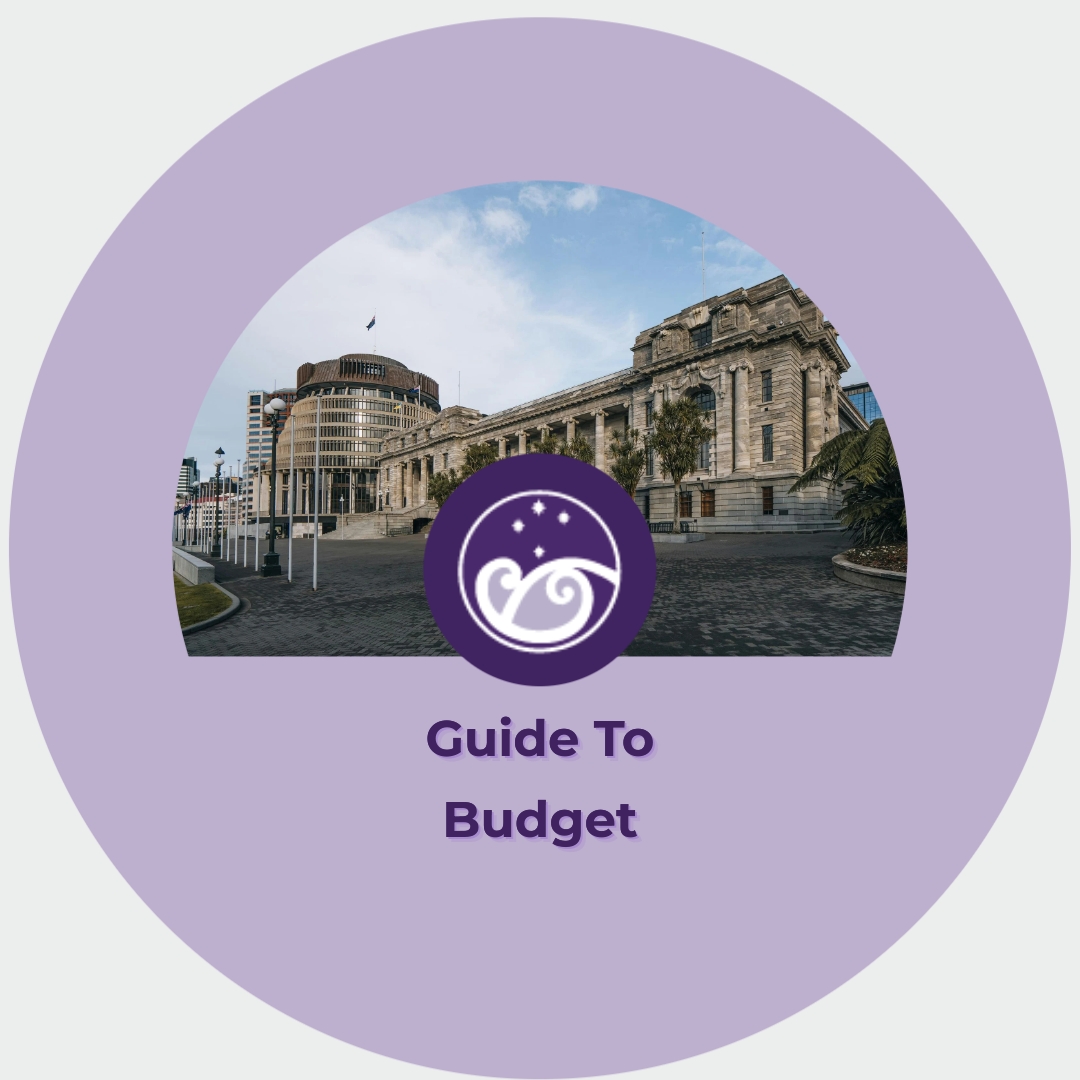The way that our government works and how we can have a voice can seem complicated from the outside.
NZCCSS works every day in this space. Our Guide to Government helps you navigate this world, so that you can join us in advocating for a just and compassionate Aotearoa New Zealand.
We have observed that, in society and the world in which we live, selfishness has increased more than love for others, and that [people] of good will must work, each with [their] own strengths and expertise, to ensure that love for others increases until it is equal and possibly exceeds love for oneself.
Writing a submission
Submissions are an opportunity for an individual or organisation to have a voice in policy and legislation making processes.
We encourage you to have a voice when you hear about proposals that could impact vulnerable people and whanau. Submissions do not have to be long and academic; they can be a simple statement of your view on a topic and the reasons why.
Common opportunities for submissions include:
- The Select Committee stage of Bills.
- Government agencies putting out consultation documents for public input.
NZCCSS often mention submission opportunities in our newsletter (sign up below). We would also love to hear your views on upcoming submissions so that we can provide the best possible input. Contact us.
The Makeup of Government
Aotearoa New Zealand’s system of government is modelled on the United Kingdom, with King Charles III as our Head of State. This guide covers the role of the different branches of government in balancing each other and preventing the abuse of power.
The Makeup of Government guide
The Parliamentary Financial Cycle
Parliament’s financial cycle is the main way the governments decide how to raise and spend public money. This directly affects the extent our country is just and compassionate.
Across the year, strategies and priorities are set, details are decided and presented to the public. There are many opportunities to have a voice to your Member of Parliament and members of the Government about what is most important.
The Parliamentary Financial Cycle guide
How a Bill becomes Law
Changes to the law come to Parliament in the form of a Bill. There are different types of Bill and several stages and opportunities for public debate and scrutiny. The Select Committee stage is a common opportunity for public submissions.
Writing a petition
Parliament has a specific sort of formal petition that can be used to highlight any issue. It requires a Member of Parliament to agree to present it. It is worth considering if this is the right advocacy tool for something you care about.
Long-Term Insights Briefings
Public service agencies are required by law to release a Long-term Insights Briefing (LTIB) every 3 years, without the input of Government Ministers. These are designed to provide insights on medium and long-term trends and highlight possible risk, opportunities and strategies.
Agencies consult with the public on their draft LTIB, providing an opportunity for the public to highlight key issues and respond to their thinking.
Long-Term Insights Briefings guide
Newsletter
If you want to know when and how you can have a voice for justice and compassion, please subscribe to our monthly newsletter.





